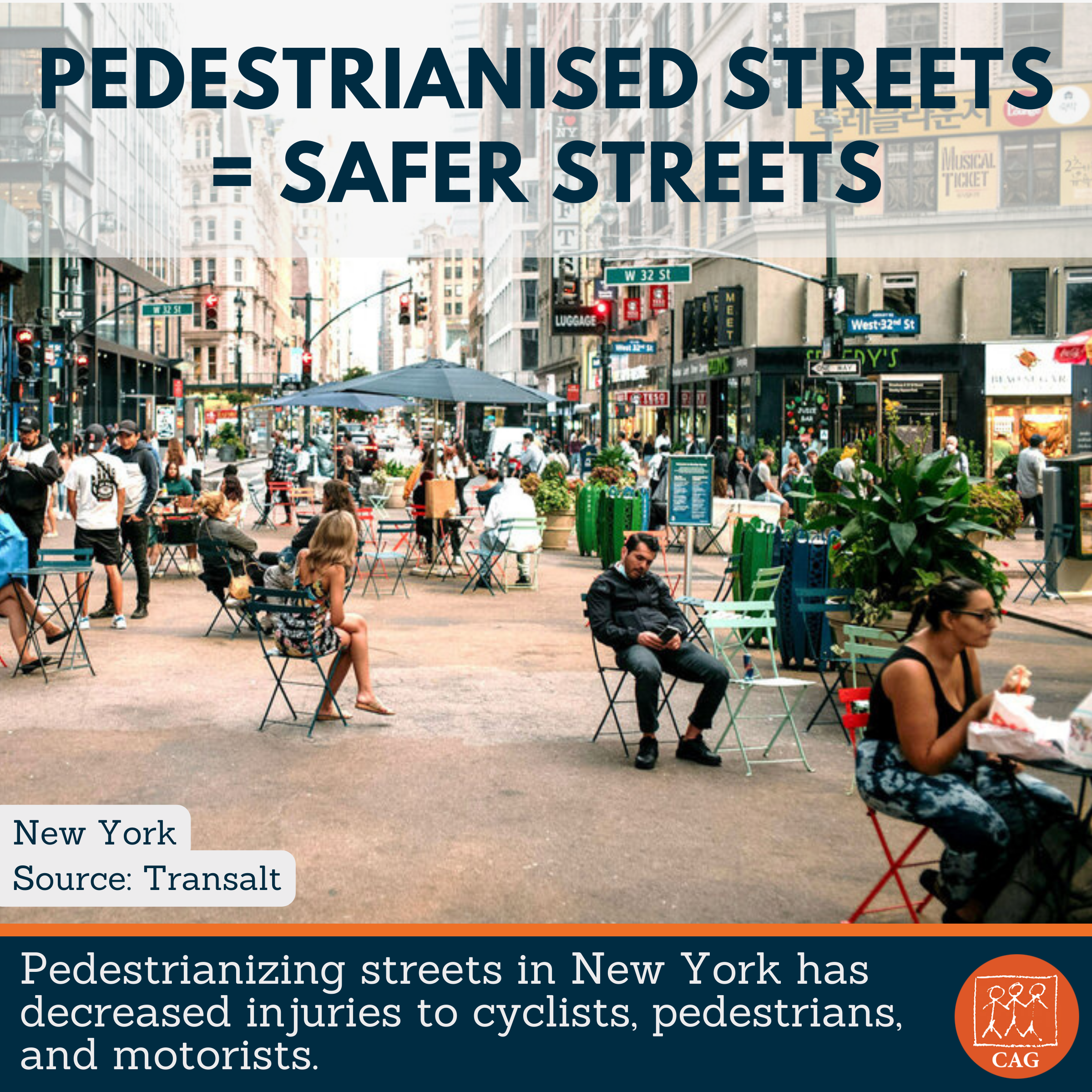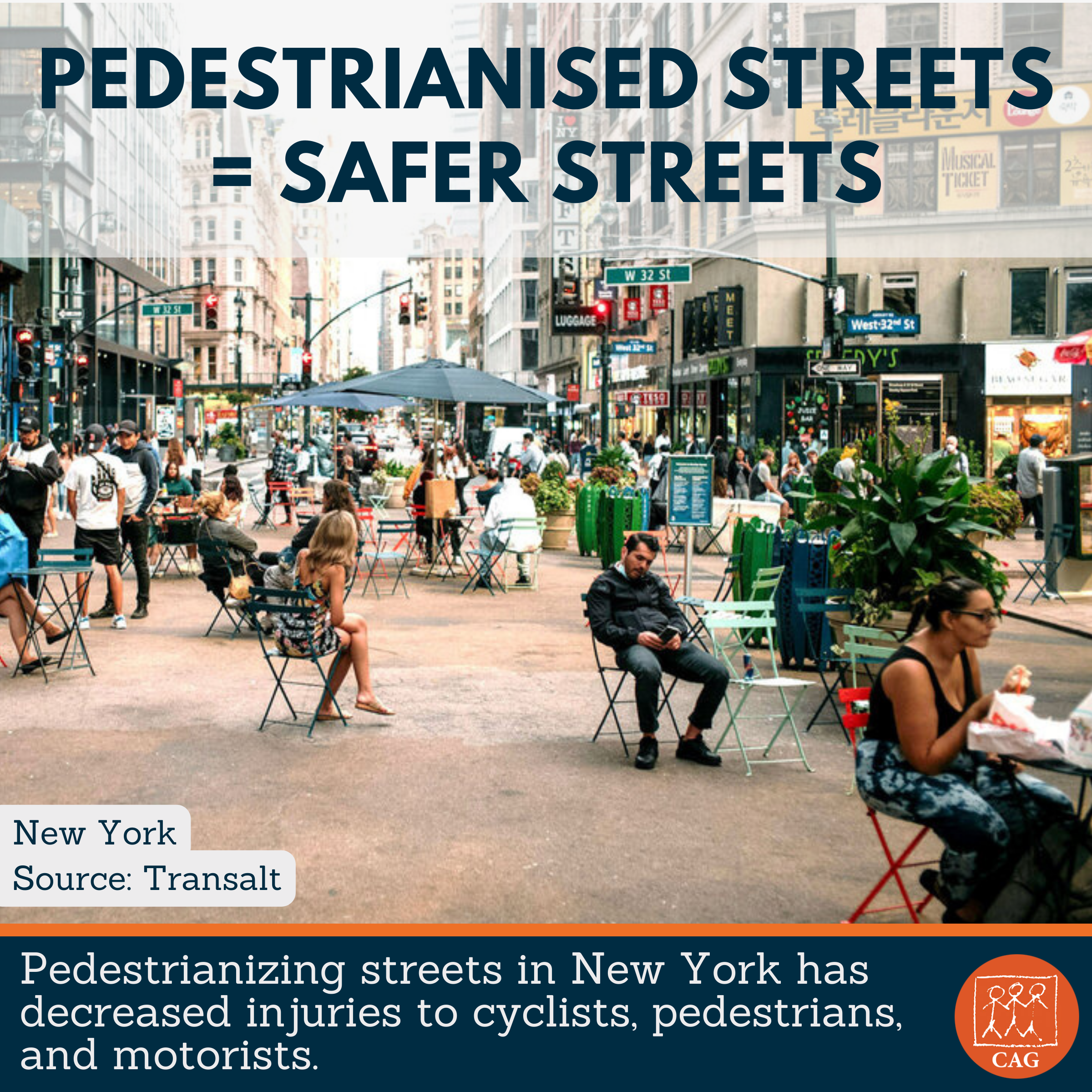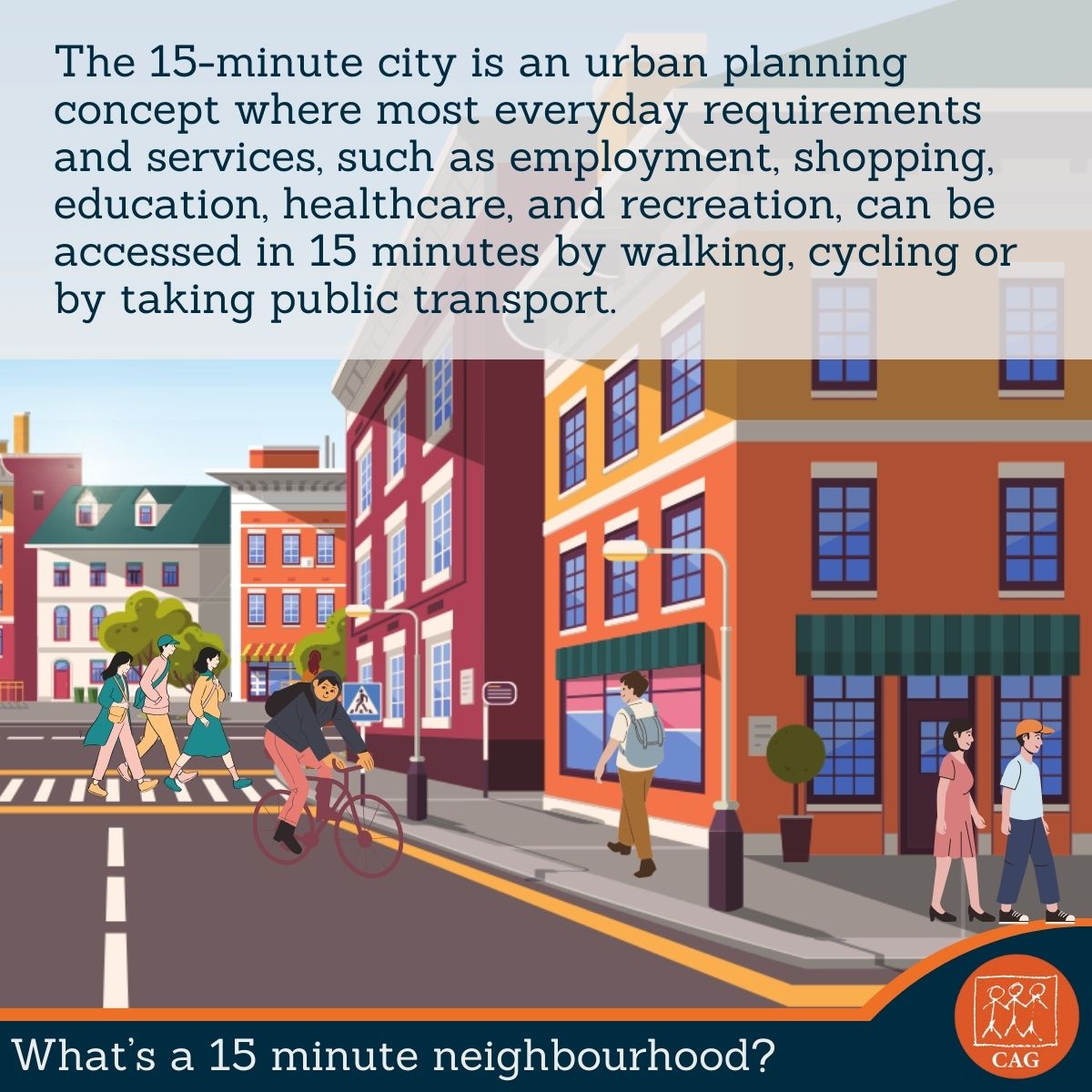Sustainable Transport - The Shimla Mall Road
Small hill station towns like Shimla, with massive tourist footfalls, will benefit from pedestrianised zones. The Mall Road, a distinct pedestrian-only shopping avenue in Shimla, is a major draw for tourists, offering a unique walking experience that sets Shimla apart from other destinations. Will other hill stations follow suit? #SustainableMobility






